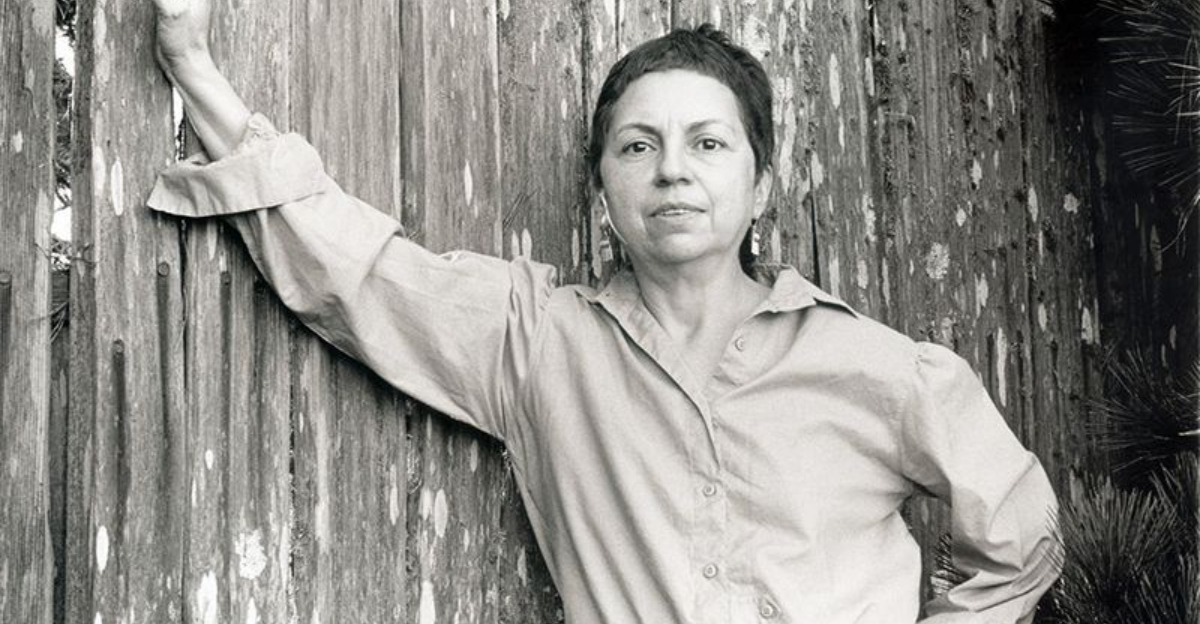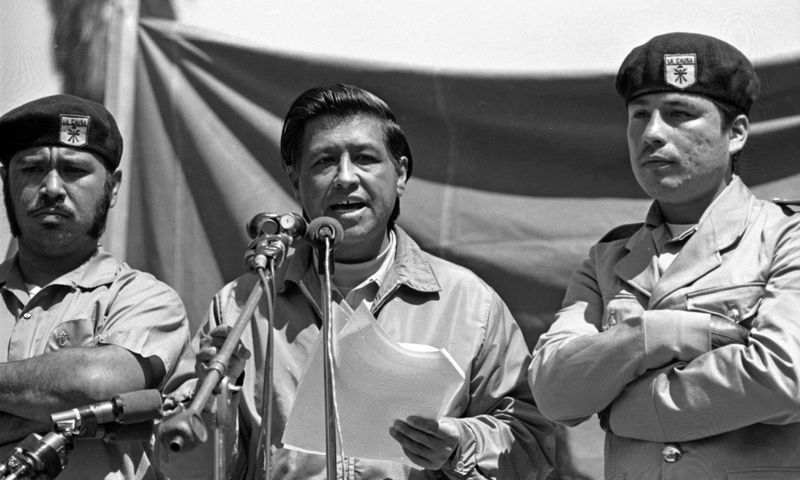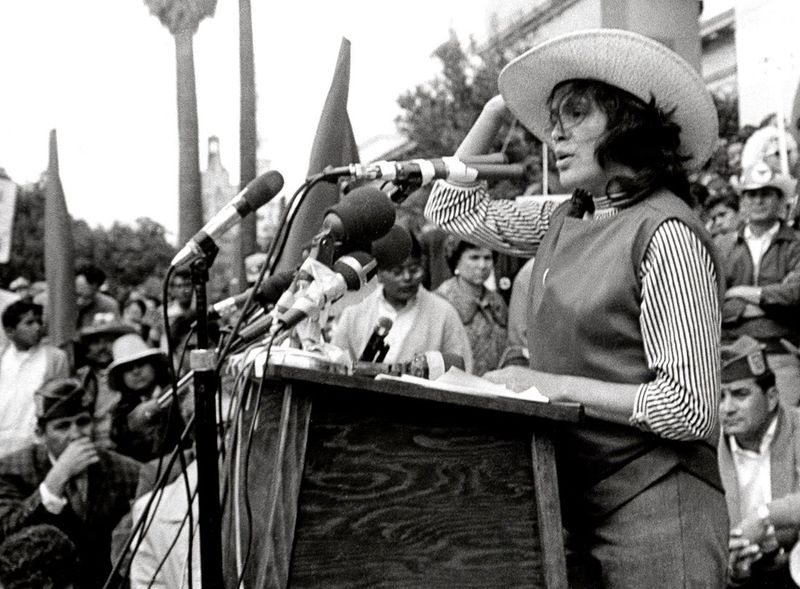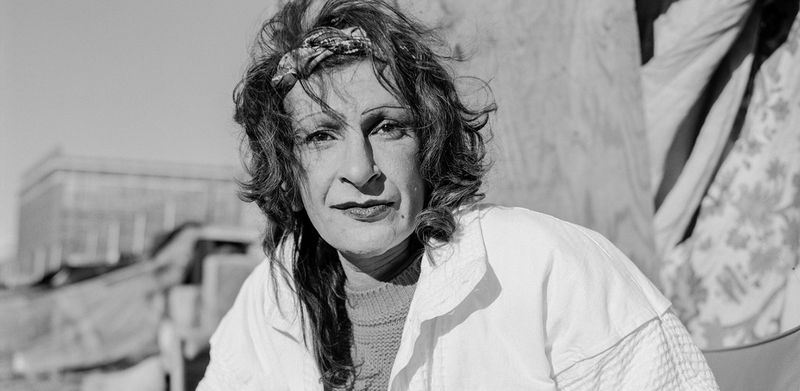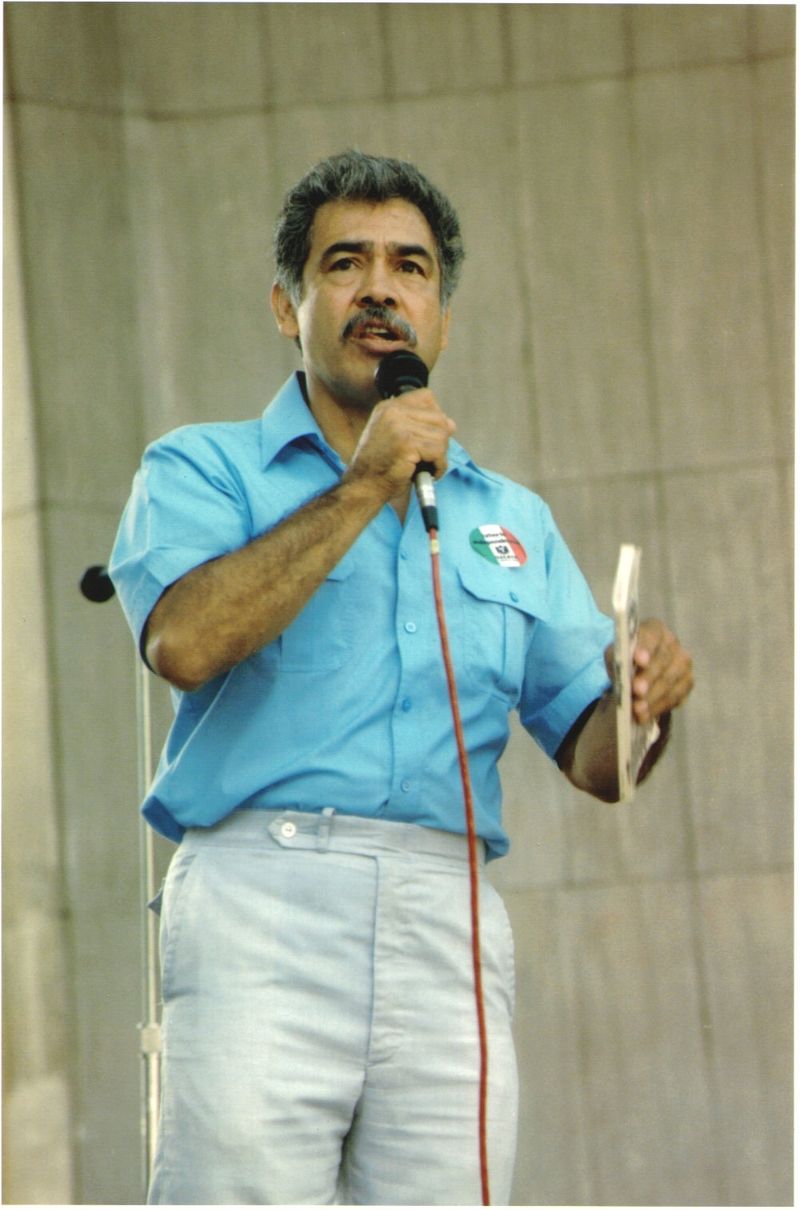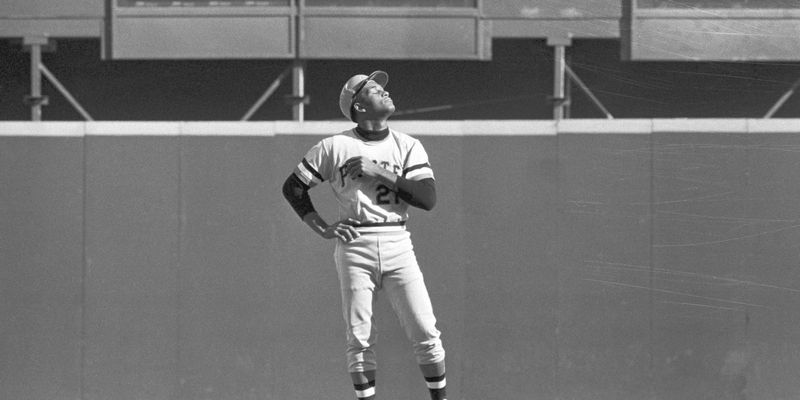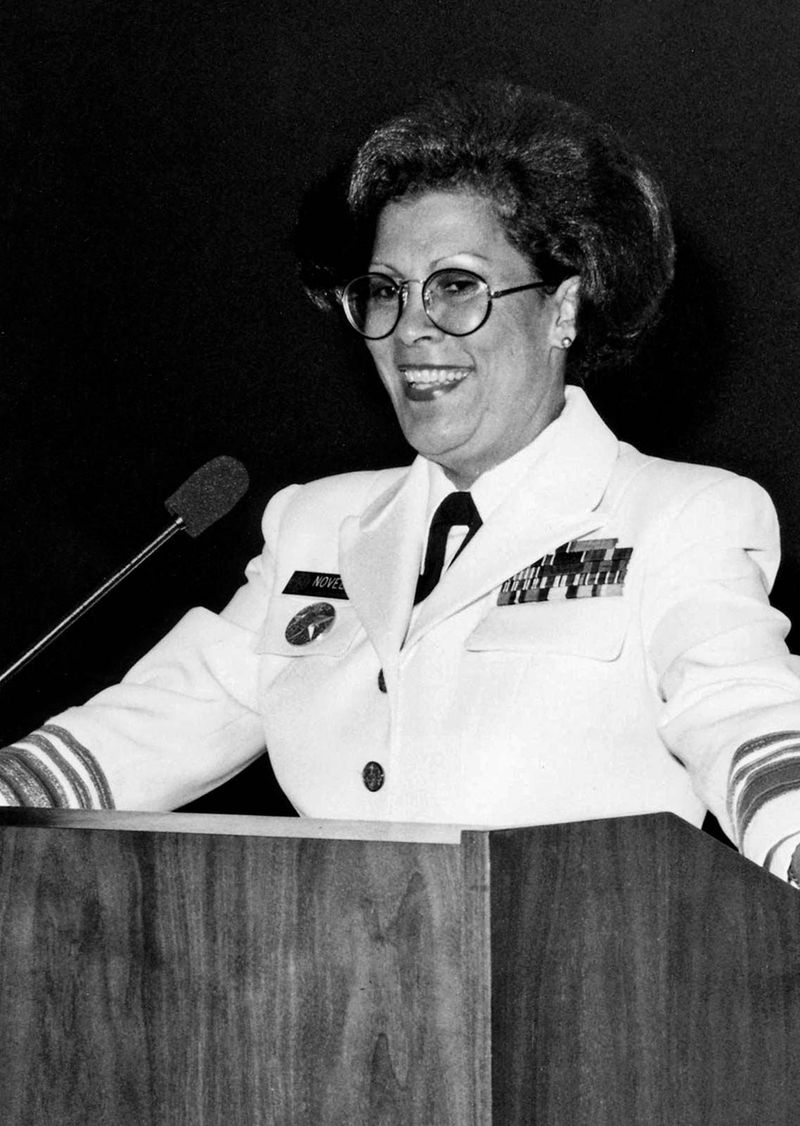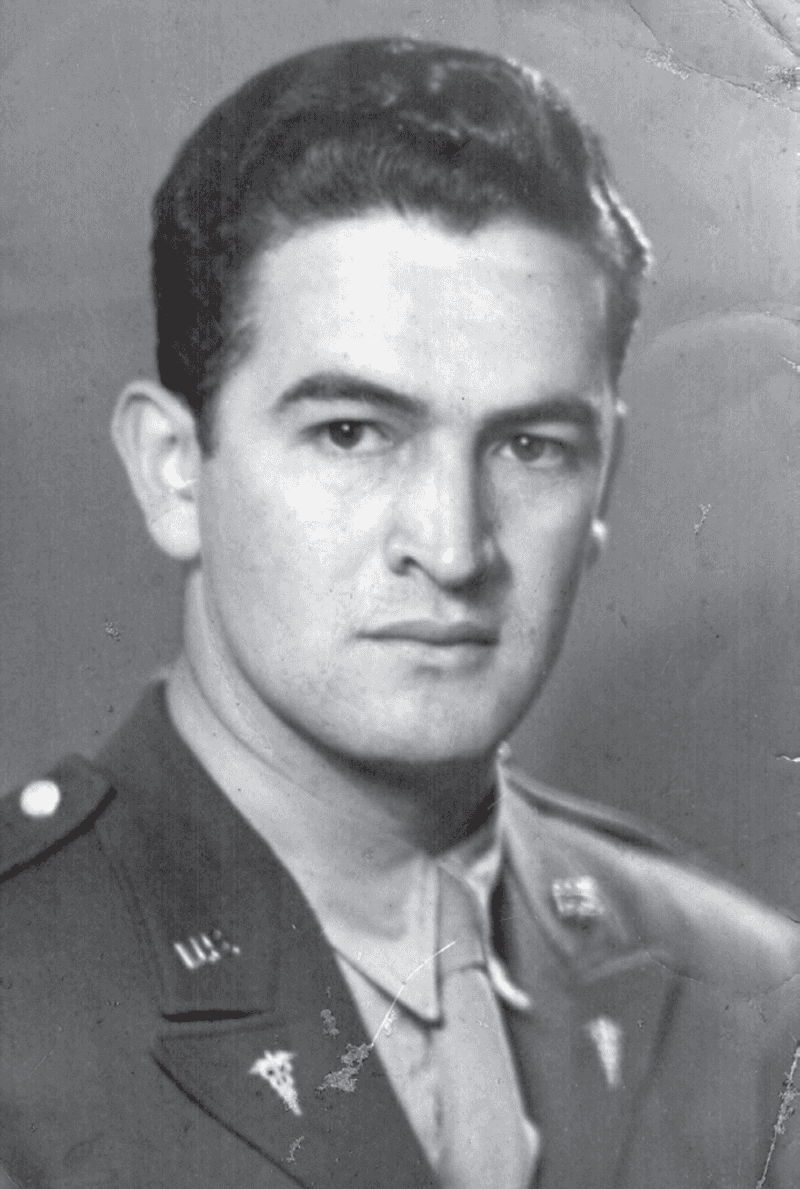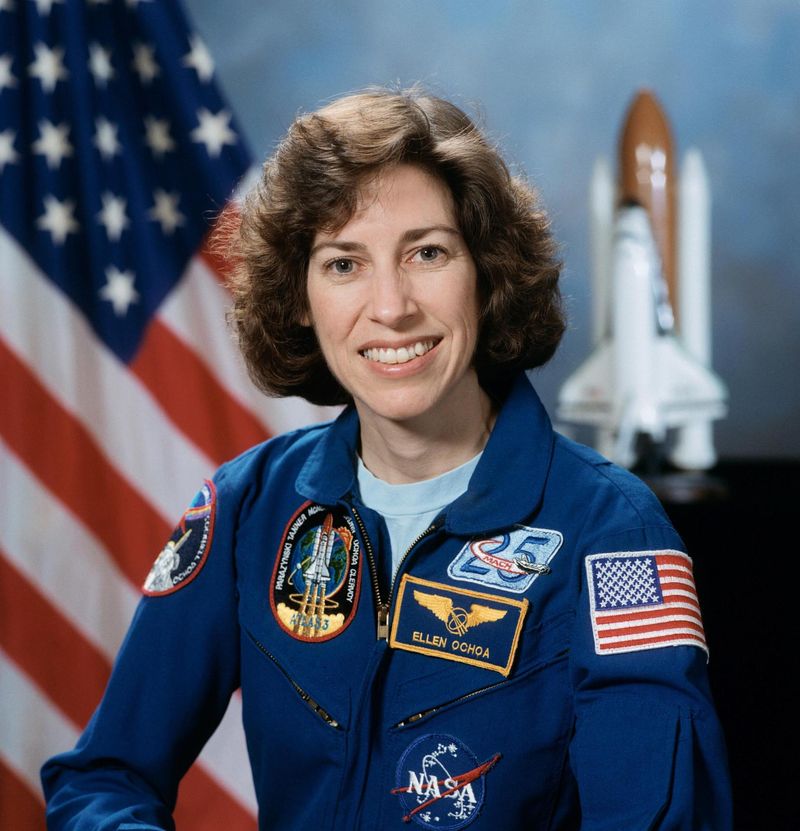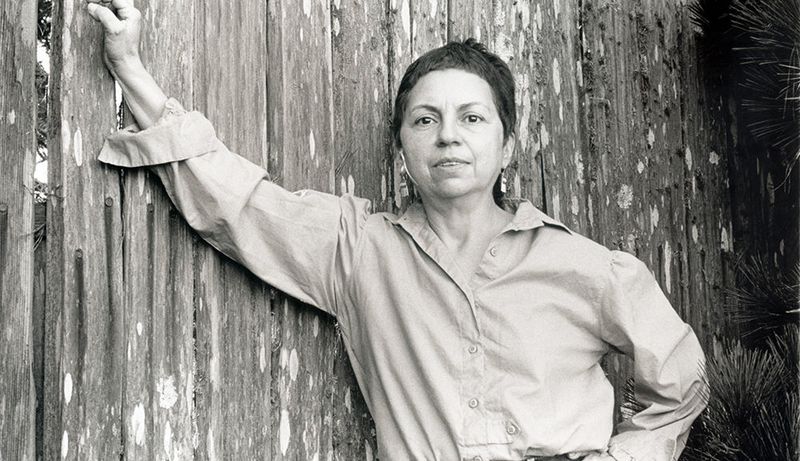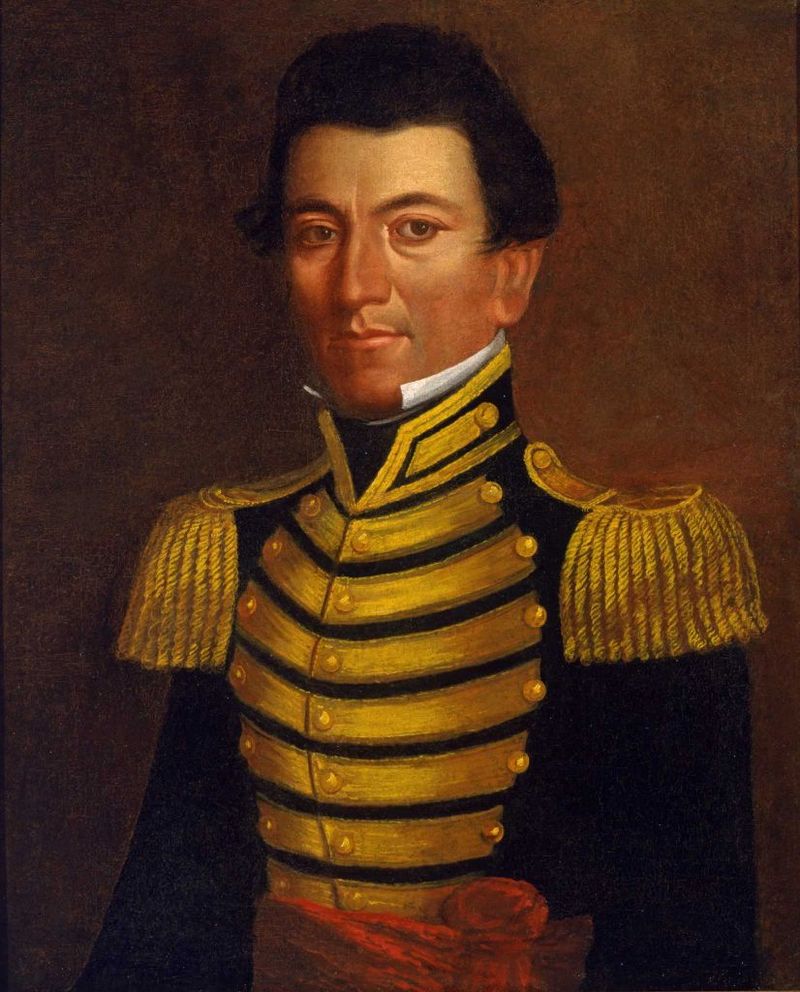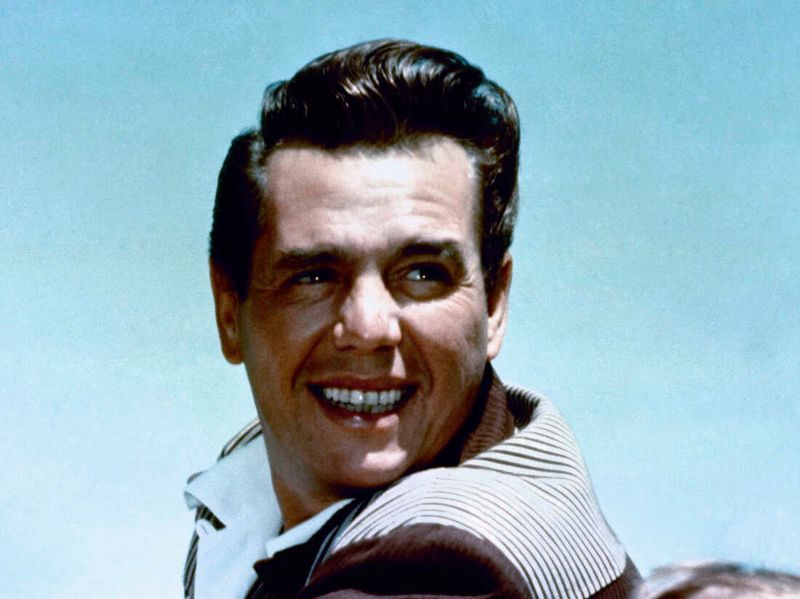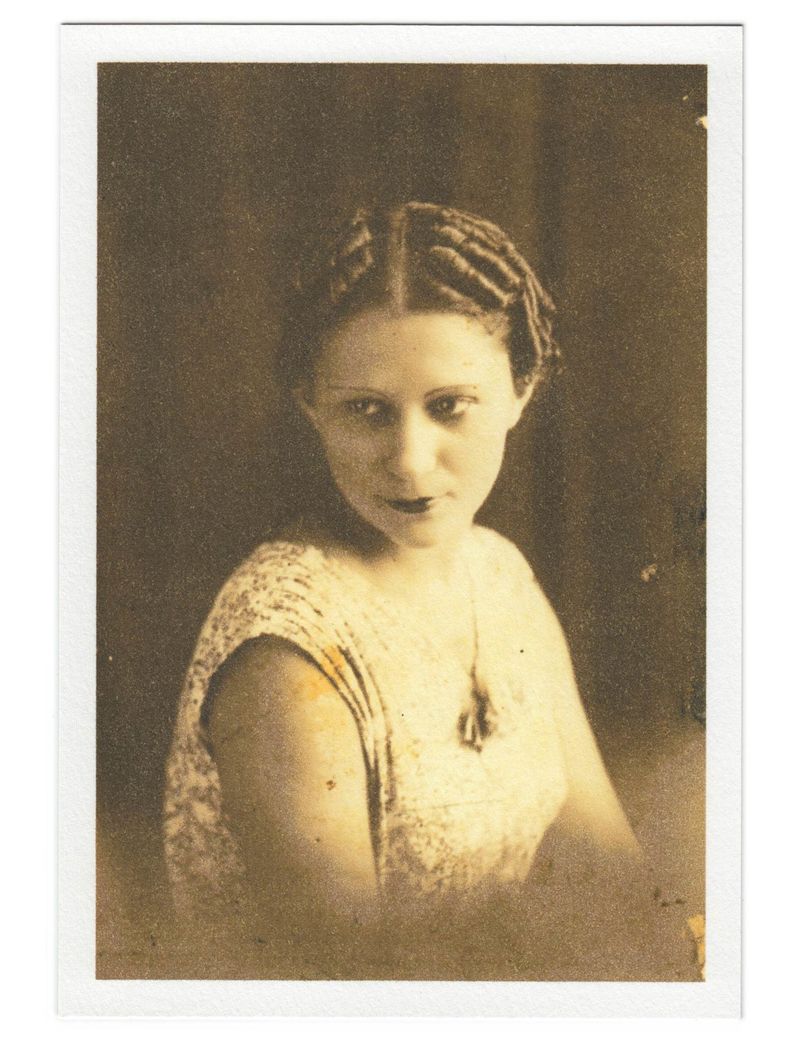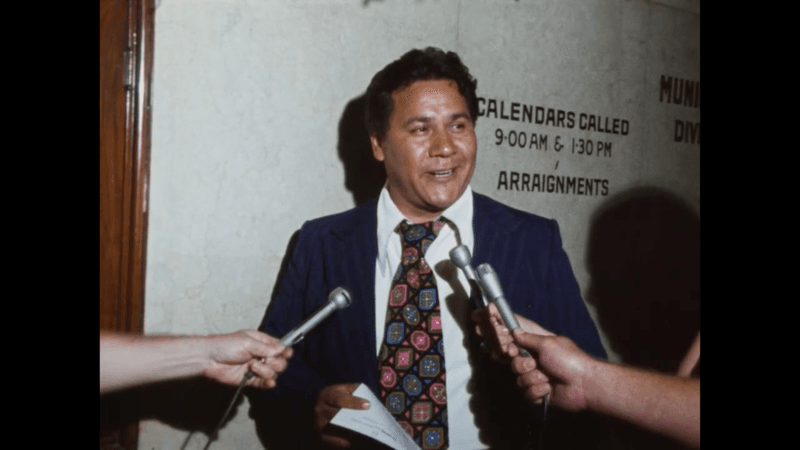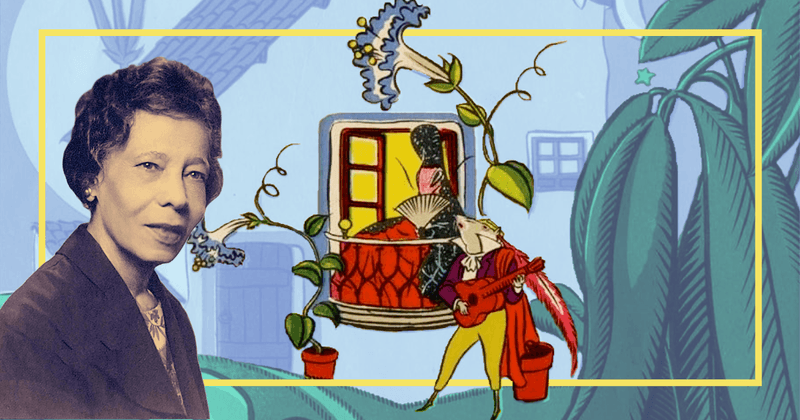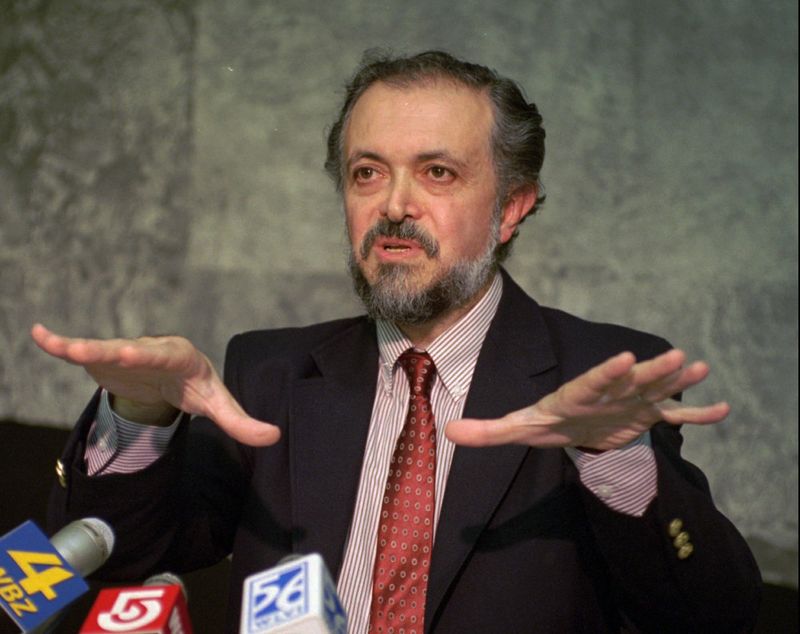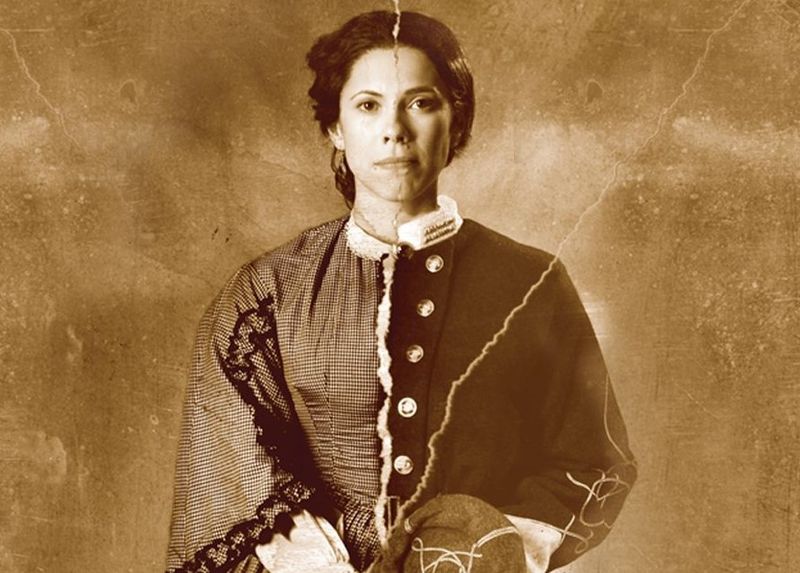This blog post celebrates 17 remarkable Latino heroes who have made significant contributions to the building and shaping of America.
Each individual, through their diverse backgrounds and profound impacts, has left a legacy that continues to inspire and influence the fabric of American society.
1. César Chávez
César Chávez was a beacon of hope for countless farm workers. Born in Yuma, Arizona, he experienced firsthand the hardships faced by laborers. His compassion led him to co-found the United Farm Workers, advocating tirelessly for fair wages and improved conditions. Chávez’s nonviolent approach, inspired by Gandhi, brought national attention to the plight of farm workers and resulted in significant labor reforms. His legacy is a testament to the power of peaceful protest and unwavering commitment to justice. The streets and schools named after him echo his enduring influence.
2. Dolores Huerta
“Sí, se puede!” was more than a slogan for Dolores Huerta; it was a call to action. As a co-founder of the United Farm Workers, Huerta was instrumental in organizing labor strikes and advocating for workers’ rights. Her dedication extended beyond labor as she became a champion for women and immigrants, inspiring countless others. Huerta’s charismatic leadership and strategic acumen have made her a revered figure in social justice. Her story is one of courage, resilience, and unwavering belief in equality for all.
3. Sylvia Rivera
Sylvia Rivera’s voice was a clarion call for LGBTQ+ rights. As a transgender activist, she challenged the status quo, demanding visibility for marginalized voices. Rivera’s involvement in the Stonewall Riots marked the beginning of a lifetime of advocacy. Her fiery spirit and relentless pursuit of equality inspired future generations to continue the fight for LGBTQ+ rights. Despite facing adversity, Rivera remained a force for change. Her legacy endures in the continued struggle for justice and acceptance in the queer community.
4. Rodolfo “Corky” Gonzales
Rodolfo “Corky” Gonzales transformed cultural identity through his poetry and activism. Known for his poem “I Am Joaquín,” he articulated the struggles and aspirations of Mexican-Americans. Gonzales’s boxing career showcased his tenacity, a trait he carried into his political endeavors. He founded the Crusade for Justice, advocating for Chicano rights and education reform. Gonzales’s efforts revitalized cultural pride and empowerment within the Chicano community. His legacy is celebrated through continued advocacy for equality and cultural heritage.
5. Roberto Clemente
Roberto Clemente was not just a baseball legend; he was a humanitarian hero. Hailing from Puerto Rico, he was known for his powerful arm and batting prowess, earning accolades in Major League Baseball. Yet, it was his humanitarian efforts that truly defined him. Tragically, Clemente died delivering aid to earthquake victims in Nicaragua. His induction as the first Latino in the Baseball Hall of Fame posthumously honored his impact both on and off the field. Clemente’s story is one of talent, compassion, and selfless devotion.
6. Dr. Antonia Novello
Dr. Antonia Novello broke barriers as the first Latina U.S. Surgeon General. Born in Puerto Rico, she pursued a career in medicine, driven by a desire to make a difference. As Surgeon General, Novello tackled public health issues, focusing on smoking cessation and youth health. Her dynamic approach and passion for health education left an indelible mark on public health policy. Novello’s career is a testament to the impact of diversity in leadership roles, inspiring future generations of medical professionals.
7. Héctor P. García
Héctor P. García’s dedication to veterans was unparalleled. As a WWII veteran himself, he understood the struggles faced by Hispanic veterans. Garcia founded the American GI Forum, advocating for their rights and benefits. His efforts led to the desegregation of schools and improved healthcare for veterans. Garcia’s relentless pursuit of equity earned him the Presidential Medal of Freedom. His legacy lives on in the continued fight for veterans’ rights and the organizations that support them.
8. Ellen Ochoa
Ellen Ochoa’s journey to space was one of determination and firsts. As the first Latina astronaut, she shattered glass ceilings, paving the way for future generations. Ochoa’s work at NASA extended beyond her space missions; she later became the Director of NASA’s Johnson Space Center. Her achievements in engineering and space exploration highlight the importance of diversity in STEM fields. Ochoa’s story inspires young women, particularly Latinas, to reach for the stars and pursue careers in science and technology.
9. Luis Valdez
Luis Valdez revolutionized theater with his creative vision. As the father of Chicano theater, he used the stage to highlight social issues and empower marginalized communities. Valdez’s play “Zoot Suit” was a cultural phenomenon, bringing Chicano stories to mainstream audiences. His work continues to inspire and educate, challenging societal norms and advocating for civil rights. Valdez’s legacy is celebrated in theaters across the nation, where his plays serve as a testament to the power of storytelling.
10. Gloria Anzaldúa
Gloria Anzaldúa’s writing reshaped perspectives on identity and culture. Her seminal work, “Borderlands/La Frontera,” explored the complexities of living between cultures. Anzaldúa’s insights into intersectionality and identity resonated with many, sparking discussions on multiculturalism. Her contributions to cultural theory have left an enduring impact on how society views borders, both physical and metaphorical. Anzaldúa’s legacy is celebrated in academic circles as a pioneer of Chicana feminism and a voice for the voiceless.
11. Juan Seguín
Juan Seguín was a pivotal figure in the fight for Texas independence. As a Tejano leader, he played a crucial role in battles such as the Alamo. Seguín’s dedication to both his Mexican heritage and Texan identity made him a unique bridge between cultures. His leadership extended beyond the battlefield as he fought for the rights of Tejanos in the new Republic. Seguín’s legacy is a testament to the complexities of identity and loyalty during turbulent times.
12. Desi Arnaz
Desi Arnaz changed the landscape of television with his innovation and charm. As a co-star and producer of “I Love Lucy,” he brought Cuban culture to American screens. Arnaz’s work behind the scenes revolutionized TV production techniques, including the use of multiple cameras. His success paved the way for future Latino entertainers. Arnaz’s legacy is celebrated in the world of entertainment, where his contributions to television continue to influence the industry.
13. Julia de Burgos
Julia de Burgos’s poetry remains a powerful voice in literature. As a Puerto Rican poet, her work explored themes of feminism and nationalism, challenging societal norms. De Burgos’s evocative verses resonated with readers, providing a voice for marginalized communities. Her legacy endures in classrooms and literary circles, where her work continues to inspire discussions on identity and empowerment. De Burgos’s story is one of courage, passion, and the enduring power of the written word.
14. Oscar Zeta Acosta
Oscar Zeta Acosta’s legal prowess and activism left a lasting impact on Chicano rights. As an attorney, he fought tirelessly for marginalized communities, often taking on controversial cases. Acosta’s persona inspired the character Dr. Gonzo in Hunter S. Thompson’s “Fear and Loathing in Las Vegas.” His commitment to justice and equality made him a beloved figure in the Chicano Movement. Acosta’s legacy is celebrated in the continued fight for civil rights and legal reform.
15. Pura Belpré
Pura Belpré’s stories brought magic to young readers. As the first Puerto Rican librarian in New York City, she emphasized the importance of cultural representation in literature. Belpré’s storytelling, often accompanied by puppetry, captivated audiences, making libraries more inclusive spaces. Her legacy endures in the literary world, where awards in her name honor contributions to Latino children’s literature. Belpré’s work continues to highlight the significance of diverse narratives in fostering understanding and appreciation.
16. Mario Molina
Mario Molina’s scientific contributions earned him a Nobel Prize and changed the course of environmental policy. As a chemist, he co-discovered the impact of CFCs on the ozone layer, a revelation that led to global environmental treaties. Molina’s dedication to scientific research and public advocacy showcased the critical role of scientists in policy-making. His legacy is celebrated in the continued efforts to protect the environment and address climate change. Molina’s work remains a beacon of hope and responsibility.
17. Loreta Janeta Velázquez
Loreta Janeta Velázquez’s story defies conventions. Born in Cuba, she disguised herself as a man to fight in the American Civil War. Velázquez’s bravery and determination were unmatched, as she participated in several battles and later wrote about her experiences. Her memoirs offer a unique perspective on gender and war, challenging traditional narratives. Velázquez’s legacy is a testament to the courage and complexity of individuals who defy societal norms in pursuit of their beliefs.
